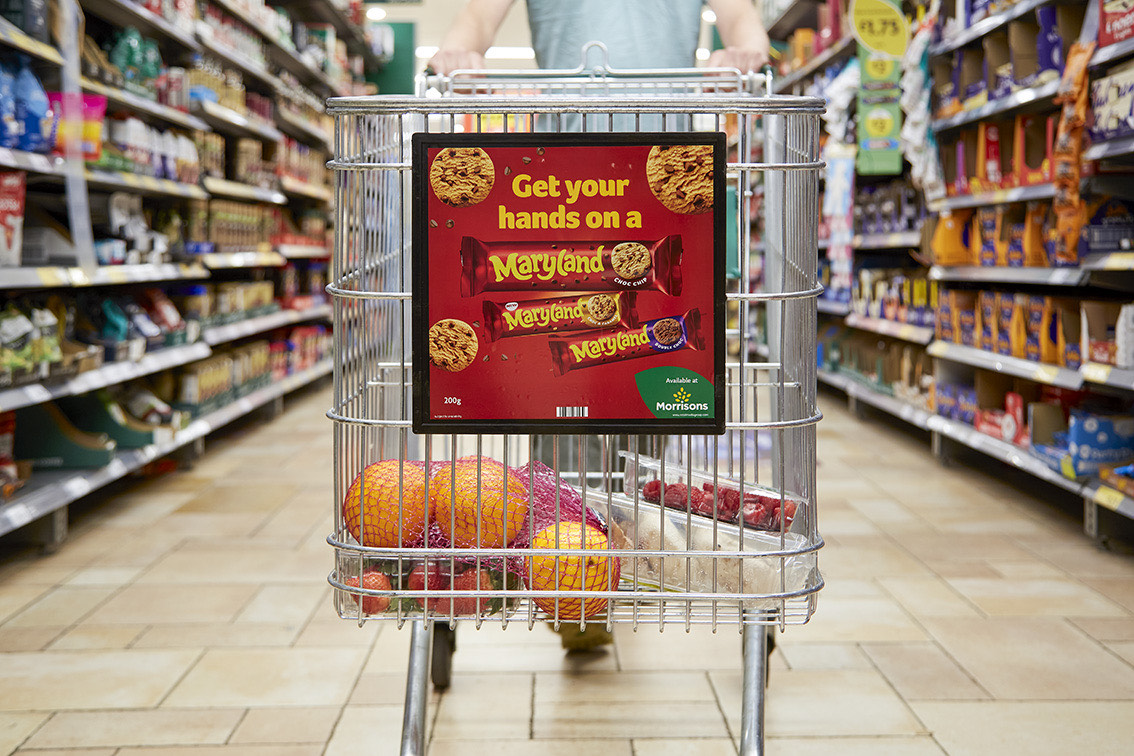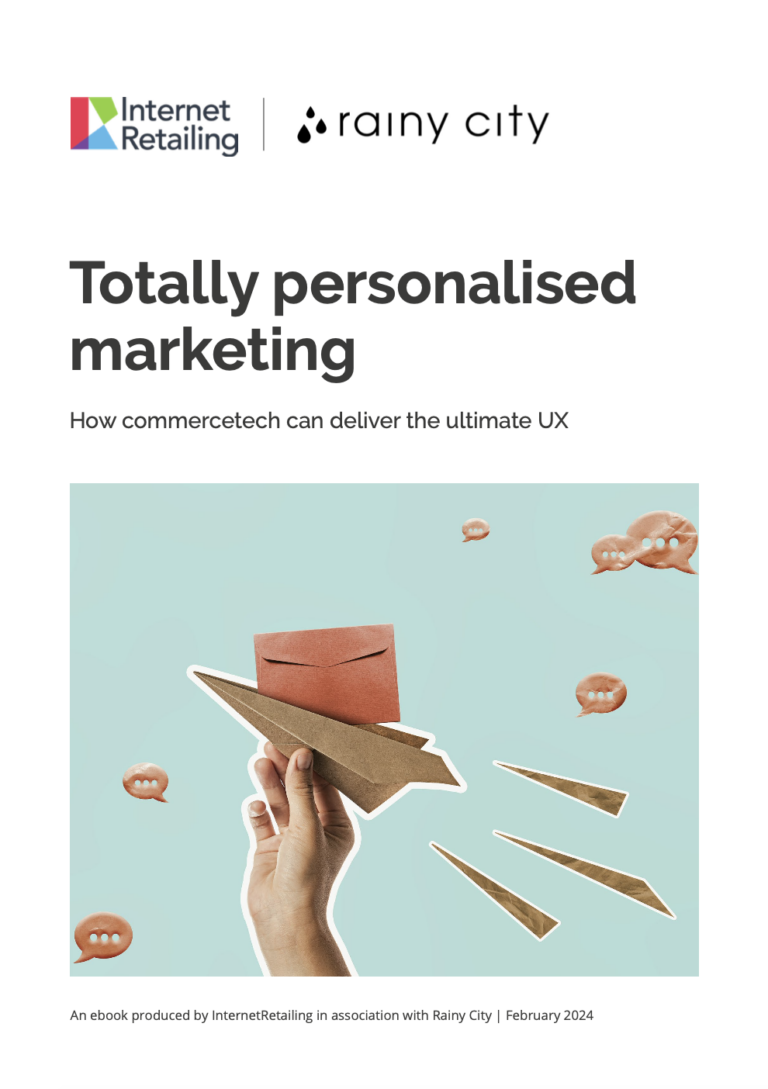Online shopping came of age in the recession and has the potential to grow strongly in the UK during the much-heralded age of austerity, a major new study has found.
The latest IMRG/British Population Survey report into Internet Access and Online Shopping in Britain says shoppers turned online in the hunt for value during the financial slowdown and that they are set to continue shopping in this way as belt-tightening remains a priority in austere times.
Report author Mike Hare, research director of the British Population Survey, said: “The internet as an economic force came of age in the recession of 2008 – 2010.
“The importance of the internet to the daily lives of hard pressed consumers, of all age groups, has become deeper and more valued. Today they use it to search out and find new and innovative ways to make their pounds go further.” He added: “The internet has effectively become a key life management tool for the UK consumer, and this will become ever more important in the new age of austerity.”
When it comes to how retailers can best target their markets, the report found that social media continues to grow in importance for the UK’s internet users, with the conclusion that online retailers must therefore take seriously its effect on online consumers.
The report, based on more than 20,000 face-to-face interviews, shows that in the second quarter of 2010, 48.9% of internet users visited social networking and blogging sites. That’s up by four times compared to the same period in 2008.
At the same time, the number searching online fell from 73.7% to 73.2% in the first half of 2010.
But of those using online search, the number of people shopping online rose by 2.4% to 91.9%. The number of online shoppers rose by 1.3% to 67.3%.
Of those accessing the internet, 15.1% did so using a mobile phone in the second quarter of the year, rising form only 5% in June 2009. And while there may be a preconception that young people are driving growth in internet access, a quarter of those who have it are aged 55 or over. While growth in internet access across the population has averaged 13% since June 2008, the 65+ age group has seen access increase by 26% over the same period.
However, the report points out, nearly a quarter of the UK population does not yet have internet access, and of those that do, almost a third do not yet shop online.
Hare said: “The online shopping industry continues to hit significant benchmarks as it grows and the potential for a continuation in this growth is not yet diminishing, while it still only just reaches two thirds of the access market. This gap, underpinned by the continuing gap between search and purchase, defines the strong potential for maintaining the growth in online shopping.
“While some sectors of the economy are showing signs of weakness in the post-election era of austerity this is clearly an industry capable of making a positive contribution.”
More information and a full copy of the report are available from the British Population Survey.
Our view: How much are consumers influenced by social media? That’s the question we’d all like to have a definitive answer to. Certainly social media has grown enormously in importance because so many people are using it – but what we don’t yet know is whether shoppers take their shopping tips from social media. Recent surveys seem to suggest that personal recommendation is more important than online ratings.
But practical experience suggests that when people aren’t sure where to buy, they do ask around. That certainly happens visibly on web forums so why shouldn’t it also happen in other, potentially more private, social media settings?
Word-of-mouth can be very powerful, as the emergence of ratings and reviews on commerce sites shows – and certainly retailers do well to consider its power when planning their online marketing.









